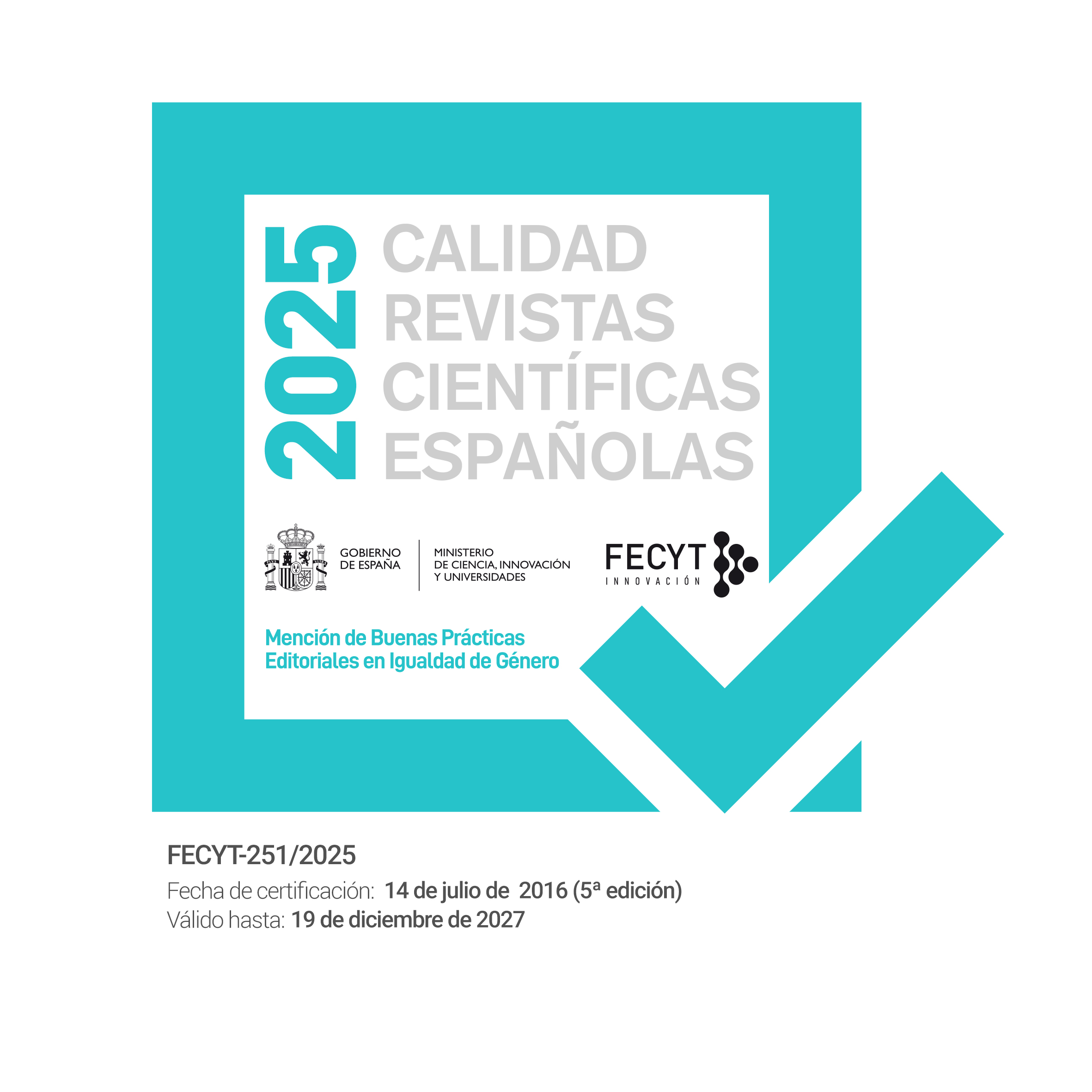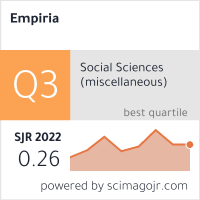Pobreza multidimensional infantil en España y Argentina. Un ejercicio de construcción, compatibilización y análisis de robustez
DOI:
https://doi.org/10.5944/empiria.55.2022.34182Keywords:
pobreza multidimensional, infancias, validez, fiabilidad y aditividad, multidimensional poverty, childhood, validity, reliability and additivityAbstract
The Sustainable Development Goals (SDGs) for 2030 are set in goals to which almost all the governments of the world adhere, and it is the first time that they have agreed on a multidimensional poverty objective that explicitly includes children. In the last decade, there have been many contributions that have been made from the conceptual and methodological point of view to the construction of multidimensional poverty measures, particularly aimed at measuring the phenomenon of child poverty. These proposals, in some cases, either take the perspective of Sen's capabilities, or the human rights approach, or are more aligned with the approach of socially agreed deprivation. This last approach is the one used by the European Union, and incorporated through 18 indicators in a specific module of "Material Deprivation" of the Survey of the European Union of Income and Living Conditions (EU-SILC), in which Relevance information from households with children. Based on the proposal for the EU and with the intention of being able to develop a comparative analysis between Spain and Argentina, progress was made in adapting the indicators of the Argentine Social Debt Survey (EDSA) of the Debt Observatory Program Social Argentina (ODSA) of the Universidad Católica Argentina (UCA), seeking comparability with those present in the Survey of Living Conditions (ECV) of the National Institute of Statistics of Spain. In this process of compatibility of the instruments, conceptual and methodological decisions will be made that are systematized and discussed in this article. The compatible constructed index reconciles 11 common indicators for children between 3 and 15 years of age in Argentina and Spain that were found to be valid, valid, reliable and additive.
Downloads
Downloads
Published
How to Cite
Issue
Section
License
Copyright (c) 2022 Empiria. Revista de metodología de ciencias sociales

This work is licensed under a Creative Commons Attribution-NonCommercial-ShareAlike 4.0 International License.
Los autores que publican en esta revista están de acuerdo con los siguientes términos:a) Los autores conservan los derechos de autor y garantizan a la revista el derecho de ser la primera publicación del trabajo al igual que licenciado bajo una Licencia Internacional Creative Commons CC BY-NC-SA 4.0.
b) Se permite y se anima a los autores a difundir electrónicamente las versiones pre-print (versión antes de ser evaluada) y/o post-print (versión evaluada y aceptada para su publicación) de sus obras antes de su publicación, ya que favorece su circulación y difusión más temprana y con ello un posible aumento en su citación y alcance entre la comunidad académica.












